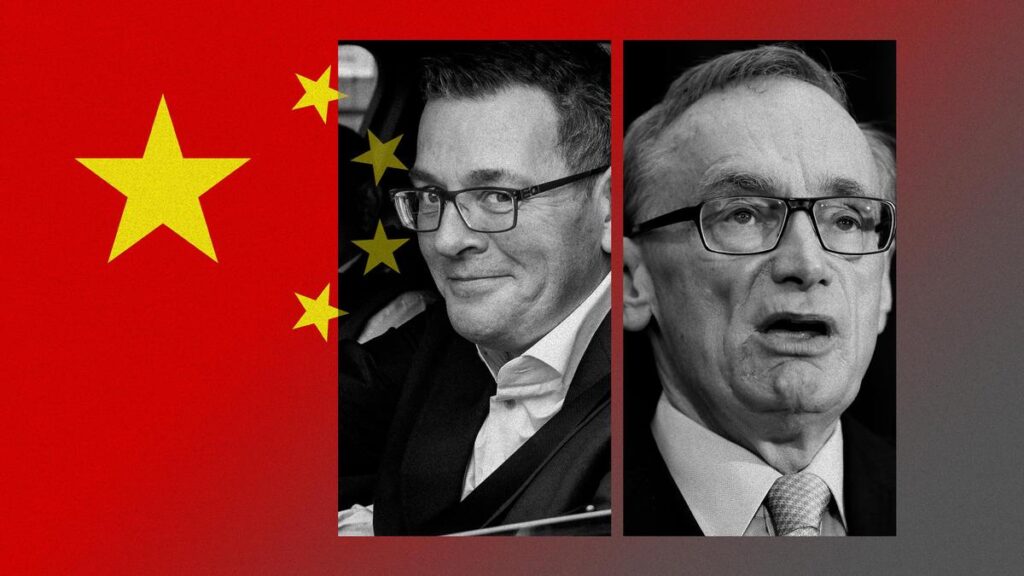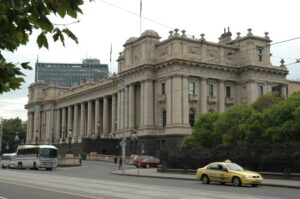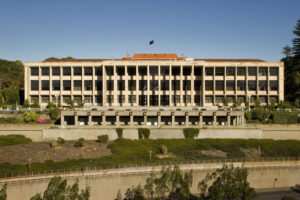
URGENT UPDATE: Former Victorian Premier Dan Andrews has garnered significant attention after attending a grand military parade in Beijing on September 6, 2023, alongside several authoritarian leaders, including Vladimir Putin of Russia and Kim Jong Un of North Korea. The parade marked the 80th anniversary of Japan’s defeat in World War II and was viewed as a clear display of China’s military power and a warning to the West, particularly regarding Taiwan.
Andrews’ presence at this high-profile event has raised eyebrows and concerns about Australia’s foreign policy direction. The former premier was seen shaking hands with Chinese President Xi Jinping on the red carpet, igniting backlash from political commentators who criticized the optics of his attendance among such notorious figures.
Notably absent from the event was former NSW Premier Bob Carr, who had been invited but declined to participate, later stating he would only attend a commemoration, not a parade. This highlights the differing reactions among Australian leaders regarding engagement with China.
Australia’s current Prime Minister Anthony Albanese faced questions about Andrews’ attendance. In a somewhat evasive response, he referenced former Liberal Minister Michael Ronaldson‘s attendance at a similar event a decade ago, attempting to downplay the controversy surrounding Andrews. The Prime Minister’s lack of condemnation concerning Andrews’ actions has led to increased scrutiny of Australia’s diplomatic stance amid China’s escalating military ambitions.
The parade, which included a massive display of military might, serves as a reminder of the shifting geopolitical landscape. The presence of so many leaders outside the U.S. sphere underscores the urgency for liberal democracies to unite in response to growing authoritarianism. The Australian Embassy’s absence, with only the defense attaché attending, further emphasizes the delicate nature of Australia’s relations with China.
China’s adeptness at turning events like these into propaganda victories raises critical concerns. The participation of Andrews and Carr provides the Chinese government with a platform to showcase international support, despite ongoing tensions with Western nations.
As the geopolitical climate continues to shift, Australians are urged to pay close attention to the implications of these diplomatic gestures. The future of Australia’s foreign policy will be pivotal in determining its relationships with traditional allies and addressing the challenges posed by an increasingly assertive China.
This situation is developing, and further responses from the Australian government and political leaders are anticipated as the ramifications of Andrews’ attendance continue to unfold.






